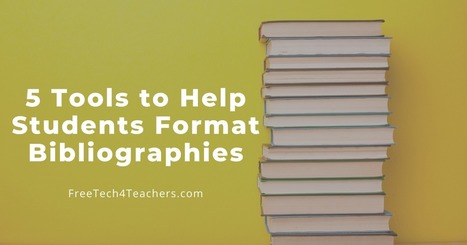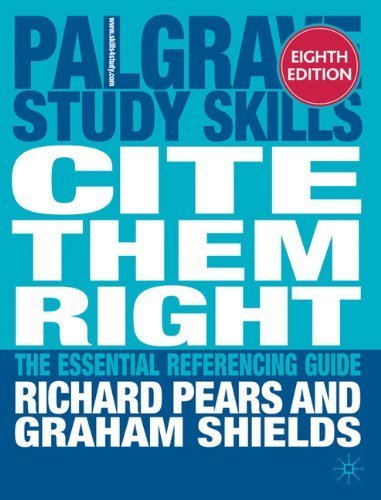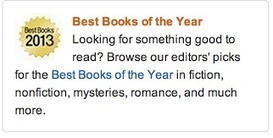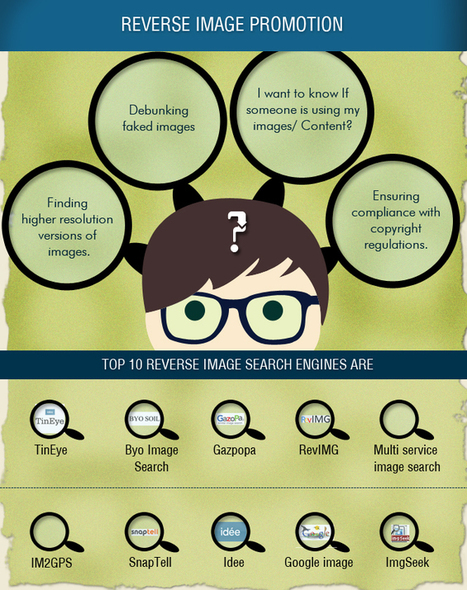When I was in high school we had to learn how to create bibliographies by working from a template that my history teacher, Mr. Diggs, provided to us. When I went to college, I referred to that template and an early version of The Student Writer to make bibliographies. Today, students have a wealth of online tools that can help them properly structure citations and bibliographies. I've featured a handful of them over the last couple of years. Here they are.
Research and publish the best content.
Get Started for FREE
Sign up with Facebook Sign up with X
I don't have a Facebook or a X account
Already have an account: Login
Literacy in a digital education world and peripheral issues.
Curated by
Elizabeth E Charles
 Your new post is loading... Your new post is loading...
 Your new post is loading... Your new post is loading...
|

Fiona Harvey's curator insight,
August 4, 2015 1:56 PM
Useful technique for sourcing images and correctly citing their use. You can also see the technique for finding out who is using your images. |






















